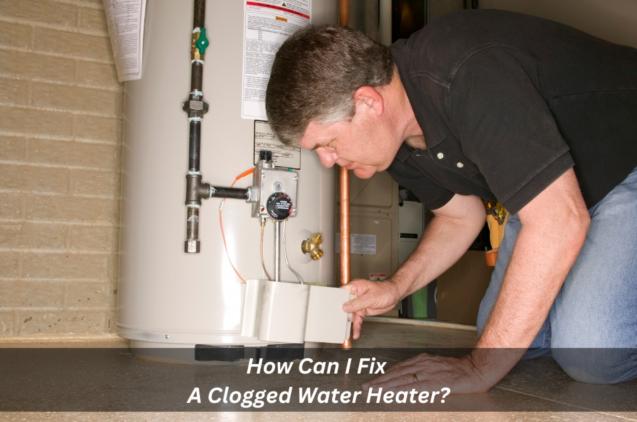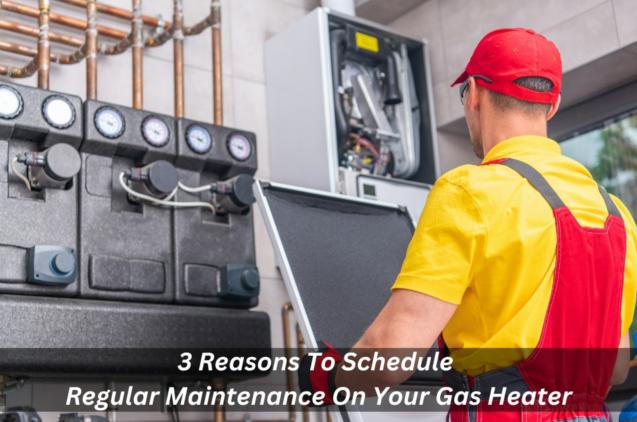
Fuel Your Kitchen's Fire: Expert Gas Stove Care
Understand your gas stove
Before going into maintenance, one needs to know that there are different types of gas stoves and critical parts. Gas stoves are either freestanding or built-in, and they run on natural gas or LPG.
Essential parts of a gas stove:
- Burners: These are the circular or rectangular openings where the gas is released and ignites.
- Burner Caps: These sit atop the burners and distribute the flame evenly.
- Igniter: This electronic or manual unit sets off the gas.
- Oven: This compartment is sealed, and gas is used to heat food.
- Control Knobs: These control the supply of gas to the burners and oven.
Important maintenance considerations
Keep your gas range in its best shape. Here are some essential points about maintenance:
- Cleaning: Regular cleaning will help prevent grease and food particles from accumulating, which might lead to inefficient burning and potential fire hazards. Clean the cooktop, oven, burners, and burner caps with proper cleaning solutions.
- Flame Adjustment: The flame should be blue and steady. It is yellow or orange; it means that combustion is incomplete and allows carbon monoxide to rise. Adjust the height of the flame using the control knobs.
- Home Inspection: The gas hose must be checked regularly for signs of wear, crack, or leak. If it appears damaged, it must be replaced immediately.
- Ventilation: Your kitchen ventilation must be proper so that carbon monoxide and other hazardous gases do not accumulate.
Importance of regular cleaning
Regular cleaning of your gas stove helps to keep it efficient and long-lasting. Spills of food and grease accumulate on the burners and clog them, hinder the flow of heat, and even lead to fire hazards. Here are some cleaning tips:
- Burner Caps and Grates: Soak these in warm, soapy water and loosen grime. For anything that is too stubbornly stuck, apply gentle abrasive cleaning.
- Cooktop: Damp-wipe the cooktop and mild soap. Glass-top cooking surfaces usually require a specialty cleaning agent to keep from scratching them.
- Oven: Clean grease and odours regularly. Use either self-cleaning or a commercial oven cleaner for this.
- Clean the interior walls of the oven with a damp cloth to remove grease and food residues.
Troubleshooting common gas stove problems
Despite maintenance, gas stoves are prone to some issues. A few common problems and solutions follow:
- Pilot Light Problems: The pilot light will not stay on because of obstruction or a weak flame. Clean the pilot light assembly and regulate the flame height.
- Ignition Trouble: The stove does not light. Check the electronic ignition system's batteries or manual ignition switch.
- Problem of Oven Temperature: If your oven will not heat up to the proper temperature, recalibrate the thermostat or get professional help.
Energy saving techniques
- Use the Right Size Burner: To avoid wasting energy, use the burner that is appropriate for the pot or pan.
- Cover Pots and Pans: Covering pots and pans reduces cooking time and energy.
- Preheat the Oven Sensibly: Preheat the oven only when needed since an empty oven preheating can consume energy.
- Switch off the Burners Immediately: To prevent unwanted energy consumption, switch off the burners once food is taken out.
Safety precautions: Gas stove safety
Gas stoves can be hazardous if they are not handled and cared for properly. Here are some safety precautions:
- Carbon Monoxide poisoning: To avoid carbon monoxide poisoning, ensure proper ventilation and fit carbon monoxide detectors in your home.
- Gas leak: If you suspect a leak, leave your home as quickly as possible and seek advice from a qualified gas fitter. Never attempt to rectify a gas leak.
- Child safety: Never have your child sit next to the stove when it's on. You may want to have stove guards installed regarding burns.
Your gas stove will function well through regular maintenance, but sometimes you require professional intervention. You can call in a technician if you see the following:
- Continuous gas leaks
- The burner does not light
- Heating is irregular
- Strange noises or vibration
- Damages are noticeable on the stove
Conclusion
With the help of these tips from experts and following guidelines related to safety issues, the gas stove has run smoothly and safely for quite many years. Regular servicing through professional hands is essential for increasing your appliance's lifespan. Now that you know your gas stove works in the best form to add fuel to the kitchen, feel free to turn that flame on.



